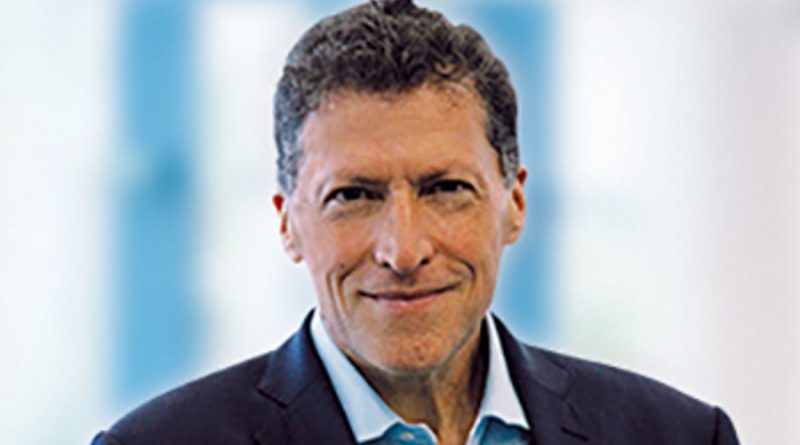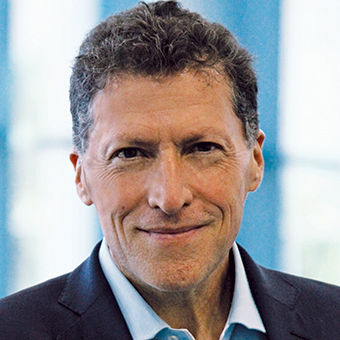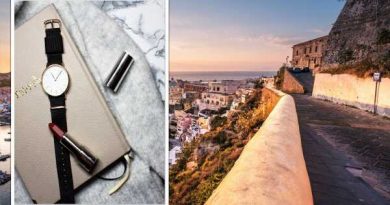On its 35th birthday, Windstar takes a stand for healthier seas: Travel Weekly
A study on problem-solving called “the marshmallow challenge” pitted teams of four educated adults against four young children to build the highest tower they could using 20 sticks of spaghetti, a yard each of string and tape and a marshmallow. They had 18 minutes to complete the task; the marshmallow had to be at the top.
Adults immediately went into analysis mode. In their discussions, they jockeyed for power. They spent most of their time in discussion and then rushed to complete something before the clock ran out.
The kindergartners, on the other hand, collaborated without much sign of competitiveness and got right to work building. When something didn’t work out, they iterated quickly rather than clinging to a concept. They seemed unconstrained by previous experience. In the end, they not only built higher towers but produced more interesting structures.
The takeaway is not that analysis isn’t important; if the challenge was to build a complex, architectural masterpiece that met several structural criteria, no doubt the adults would have triumphed.
But the children’s approach to collaborative problem-solving is instructive when facing an exceedingly urgent problem. I was reminded of the marshmallow challenge when listening to Karine Toumazeau, the enthusiastic young head of strategy and international development for the Moorea, French Polynesia-based organization Coral Gardeners.
The organization was founded five years ago by a 23-year-old surfer, Titouan Bernicot, who noticed that the coral beneath the waves around Moorea were bleaching and dying. He approached researchers studying the reefs and asked what he could do. Their response was rooted in an academic approach: These things must be analyzed and studied.
He doesn’t reject scientific methodology, but his sense of urgency — he could see the coral dying before his eyes and is of a generation who will have to live longer with the consequences of climate change than his elders — led him to look for solutions whose speed of implementation matched the tempo of the unfolding crisis.
He possessed an understanding of the basic problem: Warming waters were stressing the coral. He knew some native corals were more heat-resilient than others. He knew those coral could be propagated.
His passion to replenish coral attracted young volunteers, and soon they were creating rudimentary coral nurseries. Unconstrained by previous experience and working with more passion than ego, they quickly learned what worked and what didn’t.
Their activities began attracting nontraditional talent, notably Drew Gray, their current head of technology, who had been one of Elon Musk’s first hires for developing self-driving cars. He helped develop apps, underwater drones and buoys, which, using artificial intelligence, could measure progress and create 3D models of reefs to move the project forward quickly.
Five years later, Coral Gardeners is a leading global coral-restoration organization. It has been featured by National Geographic, it partners with the Nature Conservancy and it collaborates with Cornell University. It shares its open-source technology solutions, hoping to revolutionize coral-restoration efforts around the world.
At the conclusion of her presentation on Coral Gardeners, Toumazeau gave some recommendations for those in the audience who wanted to support the project: Sponsor a coral to propagate for a donation of $29. Spread the word on social media. Sail Windstar Cruises.
Sail Windstar? Toumazeau was, in fact, giving her talk aboard the Windstar Star Breeze. Windstar had given a $35,000 donation to Coral Gardeners in celebration of the line’s 35th anniversary, but more than that, was working with the group to develop onboard and shoreside products to help the organization further its mission.
Toumazeau made a point to say that, for fear of “bluewashing” (the marine equivalent of greenwashing), Coral Gardeners only partners with about 1% of the companies that approach it. Having completed its due diligence, the organization concluded that Windstar, which has a deep connection to French Polynesia, was sincere in its desire to help reef restoration and spread the word.
Stijn Creupelandt, vice president of hotel operations for Windstar, told me that the company pledged to raise the number of coral adoptions from 1,000 plugs this year to 1,500 next year and 3,000 for 2024. It wants to build Windstar coral nurseries. In addition to offering something along the lines of a “Day in the Life of a Coral Gardener” shore excursion, it intends to offer onboard workshops. For French Polynesia sailings, a $35 opt-out donation will be added to a guest’s bill. For the rest of the line’s sailings, the donation will be opt-in.
Self-serving? I should hope so. If there is anyone who currently makes a living in the travel industry and doesn’t see the connection between the continued prosperity of their business and meaningful efforts to mitigate the effects of climate change, they have a serious inability to recognize existential threats to their business. Even today, one doesn’t need to surf over bleached coral to see the impact that climate change has had in degrading travel experiences.
Source: Read Full Article




